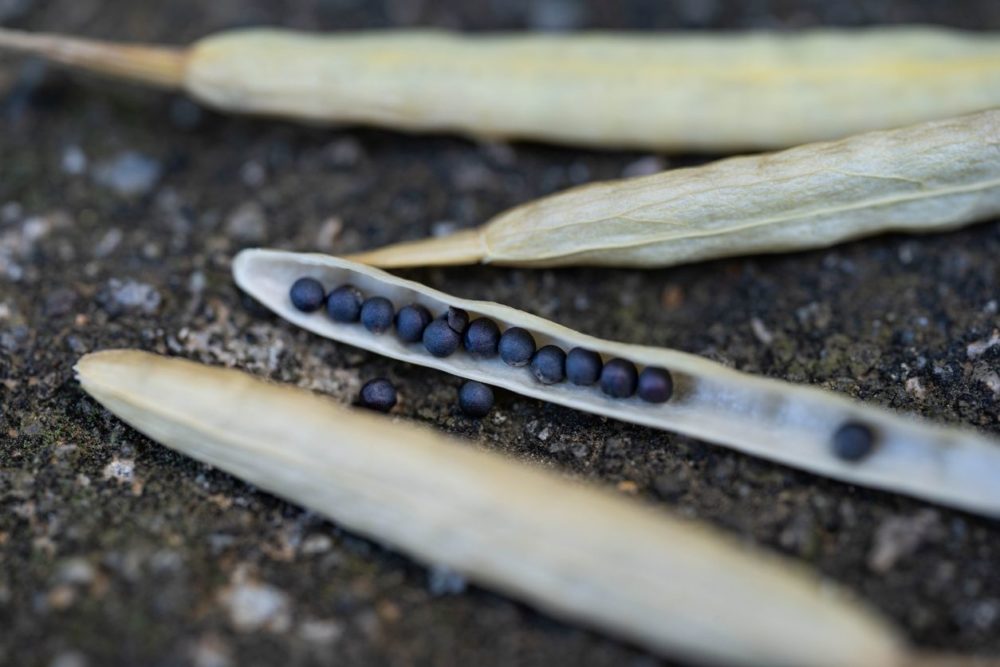- Two crop gene editing companies Calyxt and Cibus plan to merge to focus on trait development and plant breeding., with the new entity taking on Cibus’ name.
- Financial terms of the all-stock transaction are undisclosed.
- It appears Calyxt’s very troubling position, which saw it nearly delisted by the Nasdaq stock exchange, and Cibus’ desire to go public were considerations in the deal.
Why it matters:
The new combined company hopes to lead the charge on two applications for agricultural gene editing: productivity traits in seeds and low-carbon ingredients that can replace fossil fuels.
Cibus already has a large pipeline of productivity traits and collaborations with leading seed companies. Currently, it is launching three of these traits — a pod shatter reduction trait in canola and two different herbicide resistance traits in rice — for commercialization through its customers in 2023.
Through its Rapid Trait Development System (RTDS) gene-editing platform, the startup aims to develop productivity traits in seeds. These would increase crop yields and reduce reliance on inputs like pesticides, fungicides, herbicides and fertilizers.
Both Cibus and Calyxt are working on sustainable ingredient development. But it hasn’t been a smooth road for either company in recent times.
Calyxt went public in 2018 but has operated at a loss for over four years. Last year, Nasdaq granted the company a 180-day extension to regain compliance after it fell in danger of delisting.
Calyxt reported revenues of just $42,000 in its third quarter of 2022 — down from $7.8 million in the same quarter of 2021.
Meanwhile, Cibus last raised funding in 2018 with a $70 million Series C. In 2019, the company shelved its IPO paperwork. Combining with Calyxt is a way for the startup to rekindle its plans for going public.
The merger between the two companies is expected to close in the second quarter of 2023. Once complete, the combined company will be called Cibus Inc. Cibus co-founder Rory Riggs will serve as both chairman and CEO.





